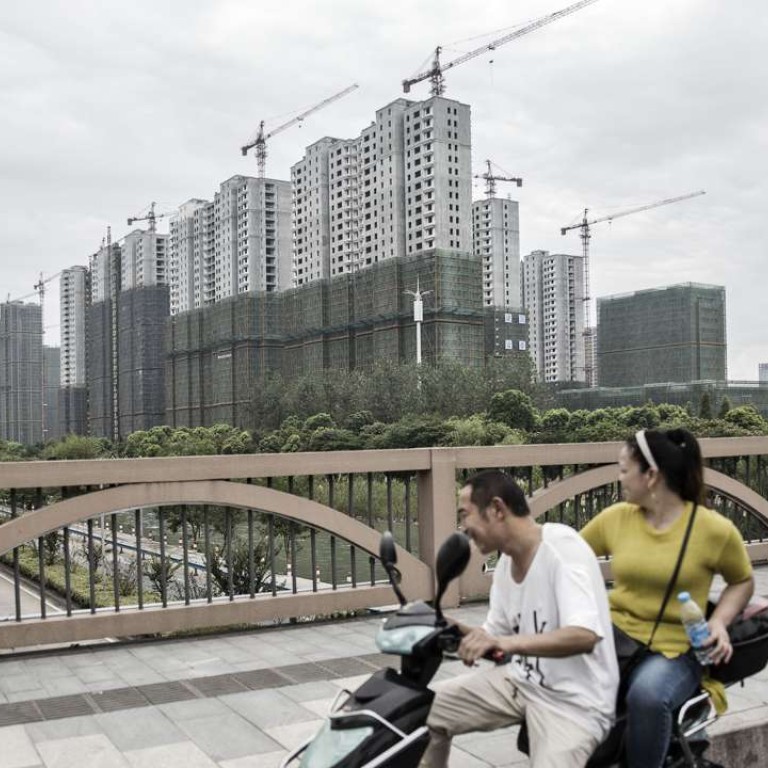
China’s runaway property market uppermost in the minds of leaders
Home prices continue to surge even as economic growth slows yet traditional cooling measures are failing to have any real impact
The agenda for the Communist Party’s annual plenum next week, expected to feature revamping of decade-old rules of political conduct for party members, will resonate with President Xi Jinping’s (習近平) campaign against official corruption. The meeting also comes amid provincial leadership reshuffles ahead of a top leadership reshuffle at the five-yearly party congress late next year. Momentous though these matters are, looming ever larger is slowing economic growth and a raging property fever, which could yet become the paramount issue of Xi’s leadership. Evidence of that is to be found in expressions of concern from Xi and Premier Li Keqiang (李克強) that quickly found their way down the chain of command through internal channels, prompting as many as 21 cities with strong property price gains to announce cooling measures, such as 70 per cent deposits for second homes.
Xi warned first- and second-tier cities to be alert to property “bubbles”, and Li was worried housing prices would get out of control. Home sales declined in the first two weeks of October, but analysts anticipate limited sustained effect from measures that are extensions of existing ones and do not address basic questions. These include a property tax to dampen speculation, investment alternatives, greater land supply in big cities and more fiscal autonomy for local authorities to reduce dependence on control of land supply and prices to boost revenue.
Administrative measures to restrict home purchases are seen to target the symptoms of the problem rather than the causes. To be sure, addressing the root of the problem poses tough policy and regulatory challenges. For example, officials are wary of a property tax which, if mishandled, could have unintended effects on prices and, in any case, depends on full implementation of a real estate register still in its infancy. But the reality is that the problem is not going to go away and the old cooling measures no longer seem to work as well. The fear of a burst property bubble and its effect on China’s economy is likely to be an extraordinary item on the plenum agenda.

